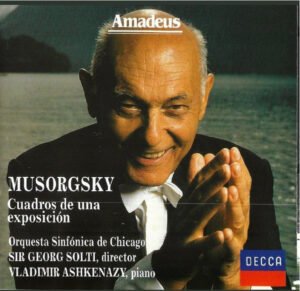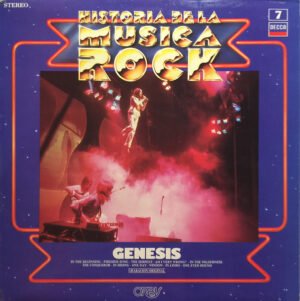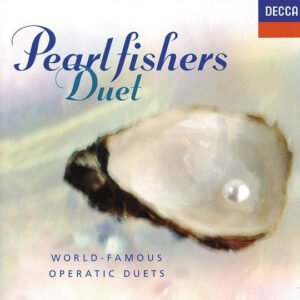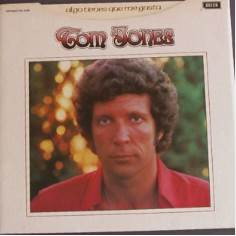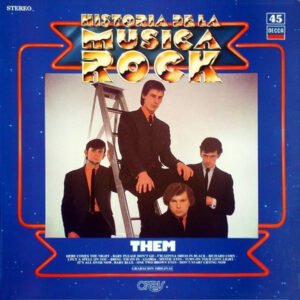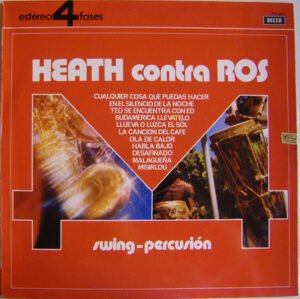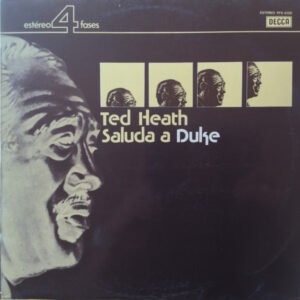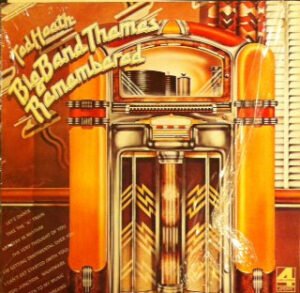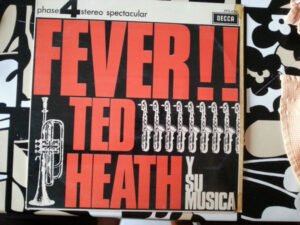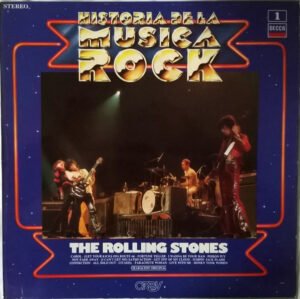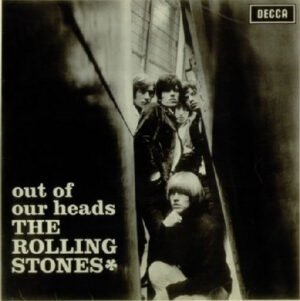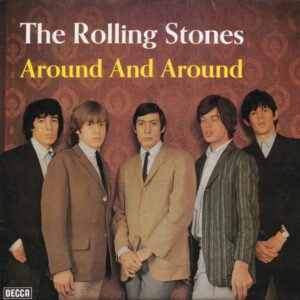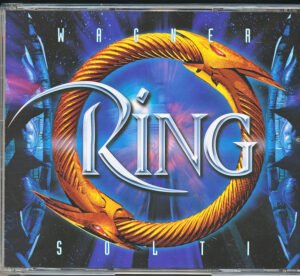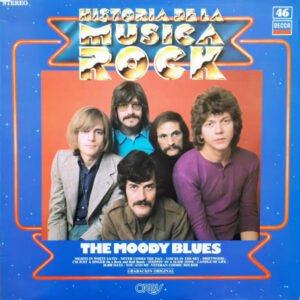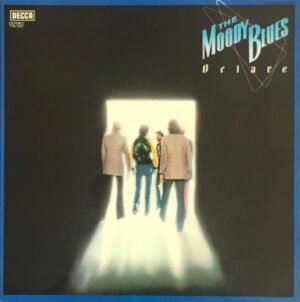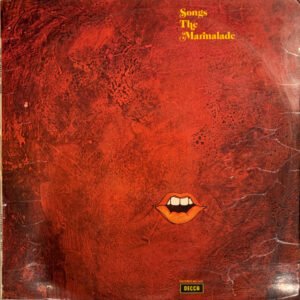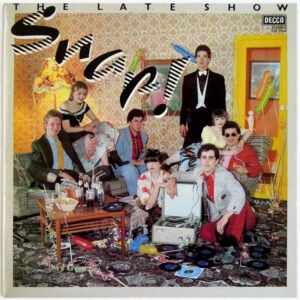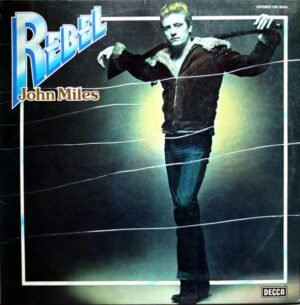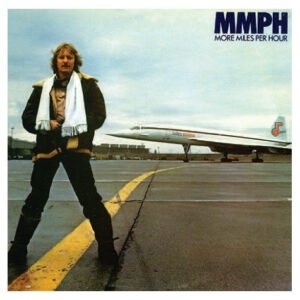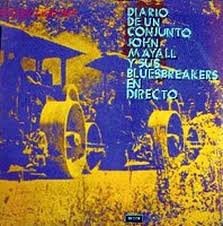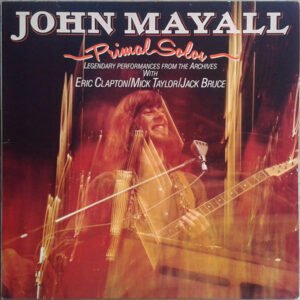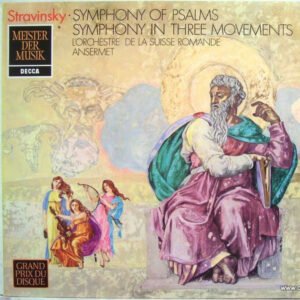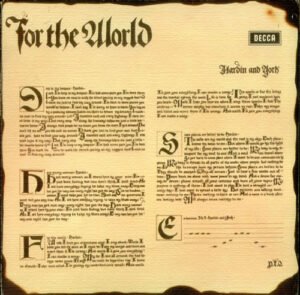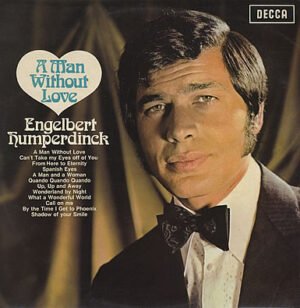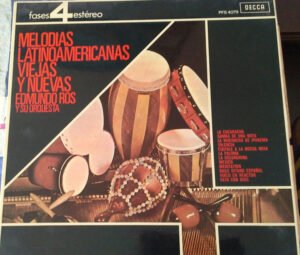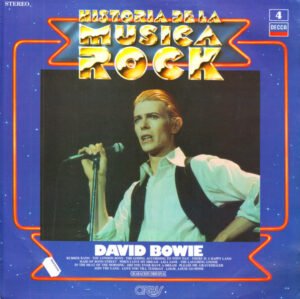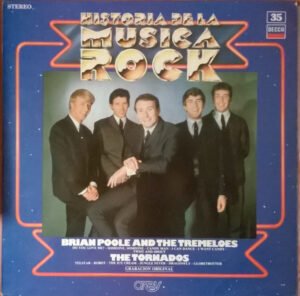Decca
Mostrando los 29 resultadosOrdenado por popularidad
Musorgsky, Orquestra Sinfónica De Chicago, Sir Georg Solti, Vladimir Ashkenazy Cuadros De Una Exposición-CD
6,50 €Genesis Genesis-LP
8,50 €Various Pearl Fishers Duet (World Famous Operatic Duets)-CD
11,50 €Tom Jones Somethin’ ‘Bout You Baby I Like (Algo Tienes Que Me Gusta)-LP
10,45 €Them Them-LP
12,50 €Heath* Contra Ros* Swing – Percusión-LP
6,45 €The Ted Heath Orchestra* Ted Heath Salutes The Duke-LP
6,45 €The Ted Heath Band* Big Band Themes Remembered – Vol. 1-LP
5,50 €Ted Heath Y Su Musica* Fever!-LP
6,45 €The Rolling Stones The Rolling Stones-LP
12,50 €The Rolling Stones Out Of Our Heads-LP
153,50 €The Rolling Stones Around And Around-LP
27,50 €Richard Wagner, Georg Solti Der Ring Des Nibelungen-2xCD
18,50 €The Moody Blues The Moody Blues-LP
12,50 €The Moody Blues Octave-LP
12,50 €The Marmalade Songs-LP
47,45 €The Late Show Snap!-LP
17,45 €John Miles Rebel-LP
15,50 €John Miles More Miles Per Hour-LP
12,45 €John Mayall Y Sus Bluesbreakers* Diario De Un Conjunto – En Directo (Diary Of A Set – Live)-LP
21,45 €John Mayall Primal Solos-LP
16,50 €Stravinsky* – L’Orchestre De La Suisse Romande, Ansermet* Symphony Of Psalms / Symphony In Three Movements-LP
13,50 €Hardin And York* For The World-LP
17,50 €Engelbert Humperdinck A Man Without Love-LP
9,50 €Edmundo Ros Y Su Orquesta* Melodías Latinoamericanas Viejas Y Nuevas-LP
5,50 €David Bowie David Bowie-LP
13,50 €The Casuals The Casuals-LP
46,45 €Brian Poole And The Tremeloes*, The Tornados Brian Poole And The Tremeloes / The Tornados-LP
8,50 €Bing Crosby Top O’ The Morning/His Irish Collection-CD
5,50 €
